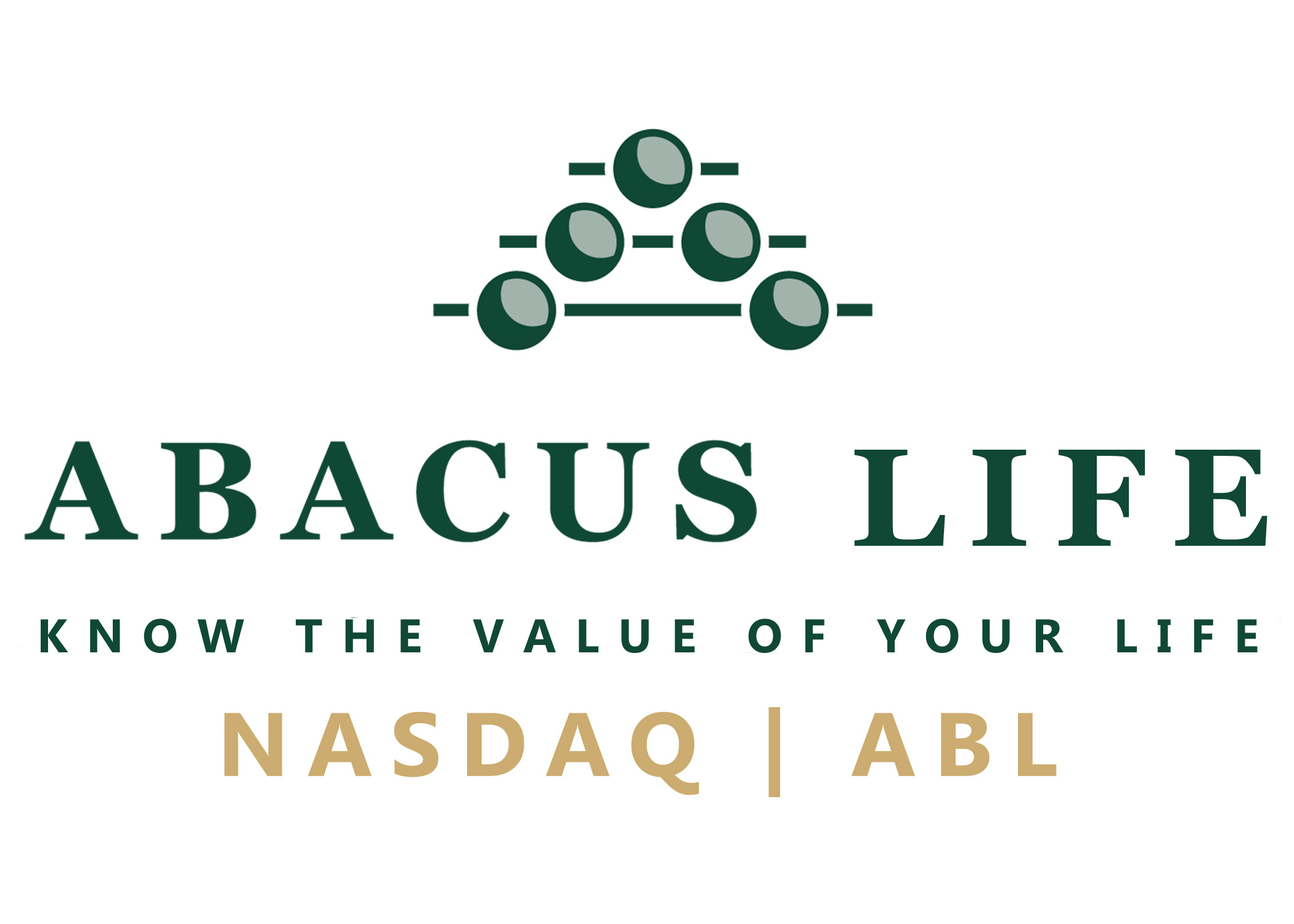Application: Start by filling out an online application here, or call to speak with one of our life settlement specialists at 1 (800) 561-4148 to get started. You will be asked questions about basic personal information, health, and your life insurance policy. Medical release forms are then signed, which allows Abacus Life to access your medical records and policy information. Medical release forms are required to accurately determine the cash value of your policy.
Documentation: Abacus Life, using the medical release forms provided, acquires your basic health and life insurance policy information. A doctor’s appointment may be required to get a medical release form.
Review: Once all required information is gathered, we here at Abacus Life will review your policy information and decide whether or not to make an offer. This is completed on an individual basis, as each case is unique.
Offer: If an offer is made, this will be communicated to the policyholder or advisor (your broker or insurance agent) as applicable.
Closing package: If an offer is accepted, Abacus Life will put together a closing package. Each life settlement closing package varies by state. The most common documents seen in a closing package include a letter of competency (LOC), verification of coverage (VOC), life settlement contract, life expectancy reports, change of ownership form (COO), and a change of beneficiary form (COB). We will explain it all to you every step of the way.
Funds Transfer: The closing package has been completed and the change of ownership documents have been verified. Now your life insurance policy is owned by Abacus Life. This now means that the policy owner no longer must worry about paying premiums, and your funds are on their way. Funds can be released through a single direct deposit, check, or through a series of payments over a specified amount of time that is pre-determined.

